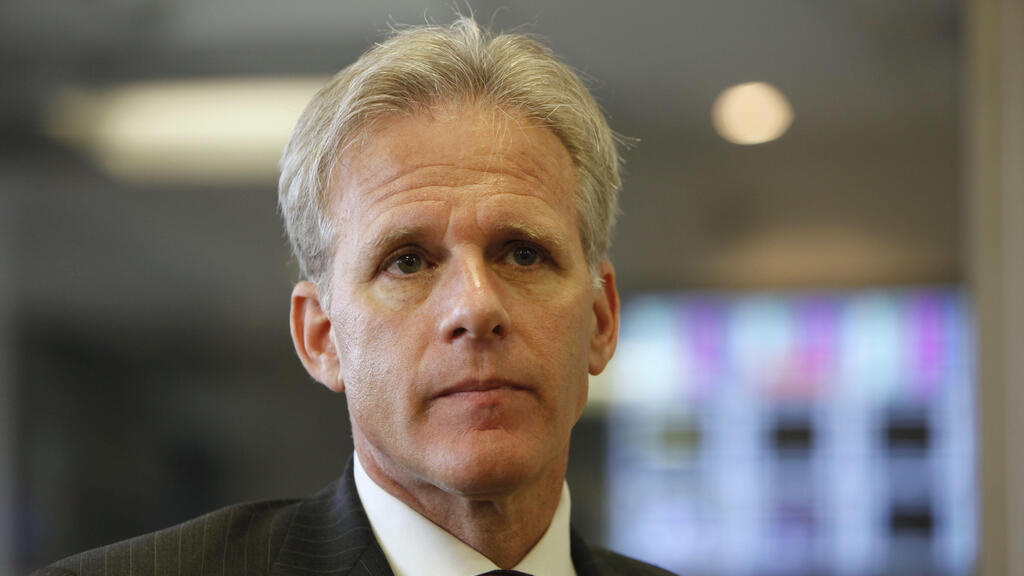Getting your Trinity Audio player ready...
Israel's former ambassador to the United States, Michael Oren, says ongoing protests against government's planned judicial reform are creating a catalyst for a "very dangerous precedent" and that segments of the public characterizes them as a product of "white privilege."
More stories:
Speaking at the Tel Aviv International Salon on the heels of Tuesday's massive protests, Oren pointed out that the closure of Ben Gurion Airport has only occurred twice in history, the first time due to Hamas, and the second due to the Day of National Paralysis led by the movement against national reform.
“We now have created a very dangerous precedent in this country and are violating the rights of others. Israelis of course have the right to protest but Israelis also have the right to get to work and feed their families or to fly to family events abroad,” he told World Israel News.
According to Oren, the protests are actually not against the judicial reform legislation, but rather stem from the fact that “people are unwilling to accept the outcome of the previous election” and that the opposition is “unevenly distributed and not at all representative of the entire country."
”Go further down to the development towns of the South and see how many protests are going on now? In my synagogue, most people are Mizrahi. They said this isn’t about democracy, this isn’t about rights. This isn’t even about the rights of minorities or majorities. It’s about white privilege. It’s about the Ashkenazi elite that is gathering around the last bastion of Ashkenazi elitist power in this country, which is the Supreme Court," Oren also said.
Oren pointed out that a closer examination of the protests reveals that the judicial reform is not actually the problem but instead multiple underlying issues that extend beyond the specific reform, problems relating to deep divisions within Israeli society ranging from the political right-left divide to religious-secular and Ashkenazi-Mizrahi disparities.
In addition to his criticism of the protests, Oren extended his critique to the Supreme Court itself, emphasizing its unprecedented level of power that surpasses any other court in the world. He pointed out that the בourt has been repeatedly overturning legislation, raising concerns about its expanding influence. Drawing a parallel to the United States, he suggested that Israel's court system could benefit from a more inclusive approach that involves public participation in the composition of the Supreme Court. While acknowledging that the current reform proposals might not effectively address these concerns, Oren stressed the importance of finding a compromise that respects both the popular will and the principle of judicial oversight.



